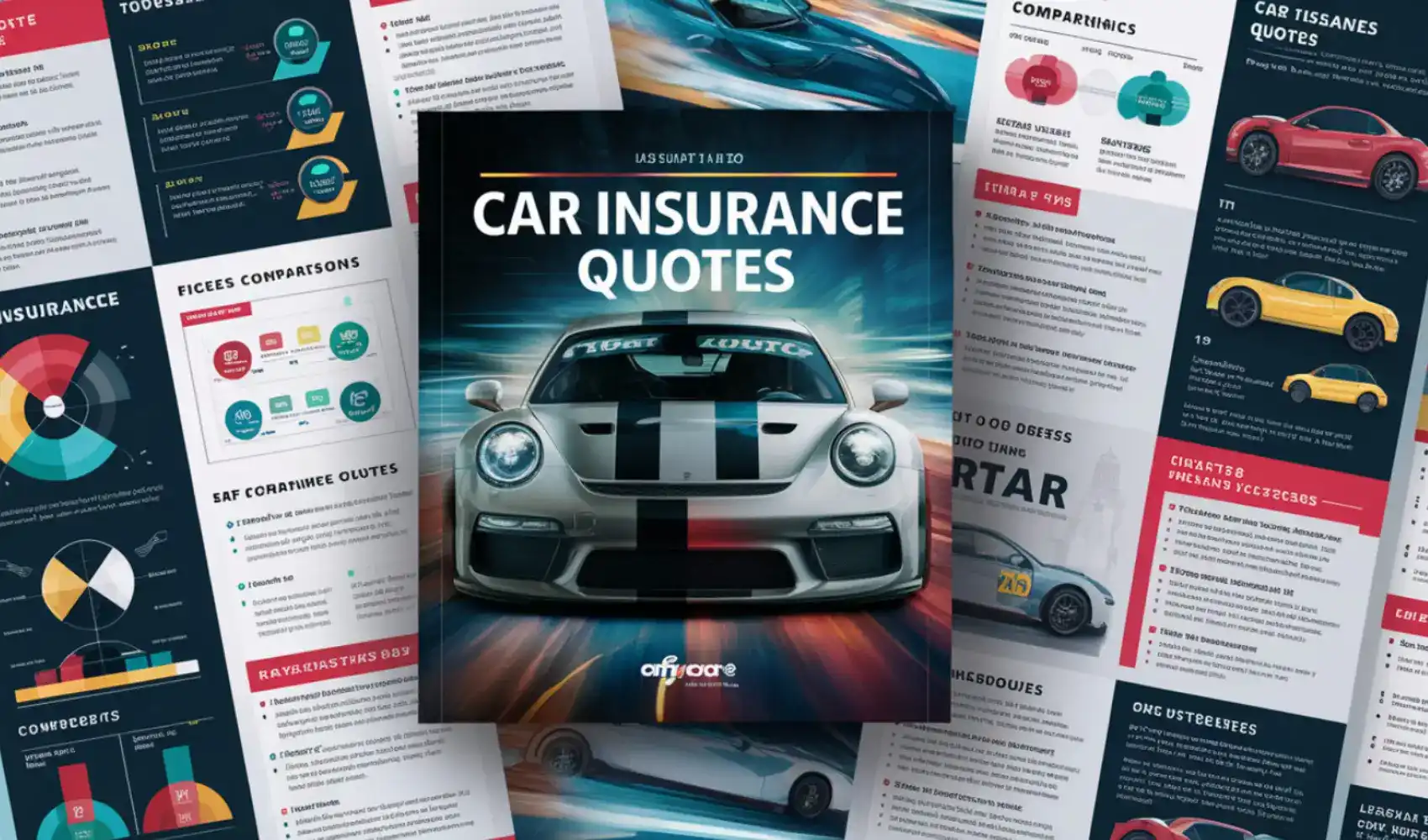Finding the right car insurance as a young driver can be challenging due to higher premiums and limited driving history. However, with the right approach, you can secure affordable and comprehensive coverage. This guide will help you understand what to look for, how to find the best car insurance for young drivers, and tips for saving money on premiums.

Why Car Insurance is Important for Young Drivers
Legal Requirement
Car insurance is a legal requirement in most states. Driving without insurance can result in fines, license suspension, and other penalties.
Financial Protection
Insurance provides financial protection in case of accidents, covering repair costs, medical expenses, and liability for damages to other parties.
Peace of Mind
Having insurance gives young drivers and their parents peace of mind, knowing that they are protected in case of unexpected events on the road.

How to Find the Best Car Insurance for Young Drivers
Research Online
Start by researching online. Use search terms like “best car insurance for young drivers” to find relevant information and compare different insurance providers.
Compare Quotes
Get quotes from multiple insurance companies to compare coverage options and premiums. Use comparison websites to make this process easier and more efficient.
Check for Discounts
Many insurance companies offer discounts for young drivers. Look for discounts based on good grades, safe driving courses, and being a student.
Read Reviews
Read reviews and ratings on platforms like Google, Yelp, and Consumer Reports. Pay attention to customer experiences and satisfaction levels.

Ask for Recommendations
Ask friends, family, and colleagues for recommendations. Personal experiences can provide valuable insights into the best insurance providers for young drivers.
What to Look for in Car Insurance for Young Drivers
Coverage Options
Ensure the policy offers comprehensive coverage, including liability, collision, and comprehensive insurance. Additional options like roadside assistance and rental car coverage can also be beneficial.
Affordability
Look for policies that offer affordable premiums without compromising on coverage. Consider higher deductibles to lower monthly payments, but make sure you can afford the deductible in case of a claim.
Customer Service
Choose an insurance provider with excellent customer service. They should be responsive, helpful, and easy to reach in case of claims or questions.
Financial Stability
Check the financial stability of the insurance company. Companies with strong financial ratings are more likely to pay out claims promptly and fairly.
Policy Flexibility
Look for policies that offer flexibility in terms of coverage adjustments and payment plans. This can help you customize the policy to your specific needs and budget.
Tips for Saving Money on Car Insurance for Young Drivers
Good Student Discount
Many insurance companies offer discounts for young drivers who maintain good grades. Typically, a GPA of 3.0 or higher can qualify for this discount.
Safe Driving Courses
Completing a recognized safe driving course can help reduce premiums. These courses teach defensive driving techniques and other safety measures.
Bundle Policies
Consider bundling your car insurance with other types of insurance, such as home or renters insurance. Many companies offer discounts for bundling multiple policies.
Drive a Safe Car
Driving a car with good safety ratings and features like anti-lock brakes, airbags, and anti-theft systems can help lower insurance premiums.
Low Mileage Discount
If you don’t drive much, ask about a low mileage discount. Insurance companies often offer lower rates for drivers who use their car less frequently.

Consider Usage-Based Insurance
Some insurers offer usage-based insurance programs that track your driving habits using a mobile app or a device installed in your car. Safe driving can lead to significant discounts.
Top Car Insurance Providers for Young Drivers
Geico
Geico is known for its affordable rates and discounts for young drivers. They offer a variety of coverage options and have an excellent reputation for customer service.
State Farm
State Farm offers competitive rates and discounts for students and safe drivers. Their extensive network of agents provides personalized service.
Progressive
Progressive offers usage-based insurance and discounts for good students, safe driving courses, and bundling policies. Their Snapshot program can help young drivers save based on their driving habits.
Allstate
Allstate provides a range of discounts for young drivers, including good student and safe driving discounts. Their Drivewise program rewards safe driving behaviors.
Nationwide
Nationwide offers comprehensive coverage options and discounts for young drivers. Their SmartRide program offers discounts based on safe driving.
Conclusion
Finding the best car insurance for young drivers involves researching, comparing quotes, and looking for discounts and coverage options that fit your needs and budget. By following the tips in this guide, young drivers can secure affordable and reliable car insurance, ensuring financial protection and peace of mind on the road.





















